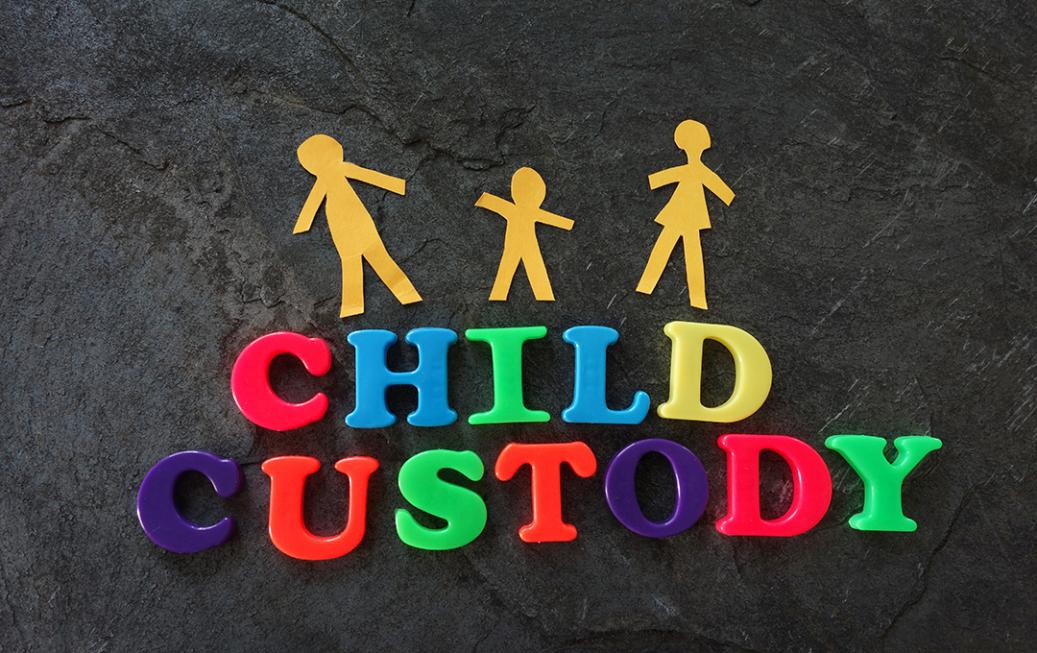What Factors Do Judges Consider When Awarding Child Custody?
Child custody is a critical legal issue that affects the lives of children and their families. When parents cannot agree on custody arrangements, judges are tasked with making decisions that prioritize the best interests of the child. This article explores the various factors that judges consider when awarding child custody.

Factors Considered By Judges In Awarding Child Custody
Judges consider a wide range of factors when determining child custody arrangements. These factors include:
- The Best Interests of the Child: This is the primary consideration for judges. They evaluate factors such as the child's physical, emotional, and psychological well-being, their relationship with each parent and significant others, their preferences (if age-appropriate), and their stability and routine.
- Parental Factors: Judges assess the parenting skills and abilities of each parent, their mental and emotional health, any history of domestic violence, substance abuse, or neglect, and their willingness to co-parent and communicate effectively with the other parent.
- Home Environment and Support Systems: The stability and safety of each parent's home, extended family support and involvement in the child's life, and proximity of parents' homes to schools, daycare, and other essential services are all taken into account.
- Special Circumstances: Cultural, religious, or ethnic considerations, disability or special needs of the child or a parent, and history of abuse or neglect in the family are also factors that judges may consider.
Legal Standards And Guidelines
Judges are guided by legal standards and guidelines when making child custody decisions. These include:
- The "Tender Years Doctrine": This doctrine gives preference to the mother in custody decisions involving young children, although it is not universally applied.
- The Uniform Child Custody Jurisdiction and Enforcement Act (UCCJEA): This federal law establishes guidelines for resolving interstate custody disputes and ensures that custody orders are enforceable across state lines.
- State-specific laws and regulations: Each state has its own laws and regulations governing child custody, which judges must adhere to when making decisions.
The Process Of Awarding Child Custody
The process of awarding child custody can involve mediation, alternative dispute resolution (ADR), or trial and litigation.
- Mediation and Alternative Dispute Resolution (ADR): ADR is a process in which a neutral third party helps parents reach an agreement on custody arrangements. This can be beneficial as it can help parents avoid the stress and expense of a trial.
- Trial and Litigation: If ADR fails, the case goes to trial. During the trial, evidence is presented in court, including testimony, documents, and expert opinions. The judge then makes a decision based on the evidence and issues a custody order.

Child custody decisions are complex and have a profound impact on the lives of children and their families. Judges consider a wide range of factors when making these decisions, prioritizing the best interests of the child. Parents should seek legal advice and support to navigate the child custody process effectively and ensure that their children's needs are met.
YesNo

Leave a Reply